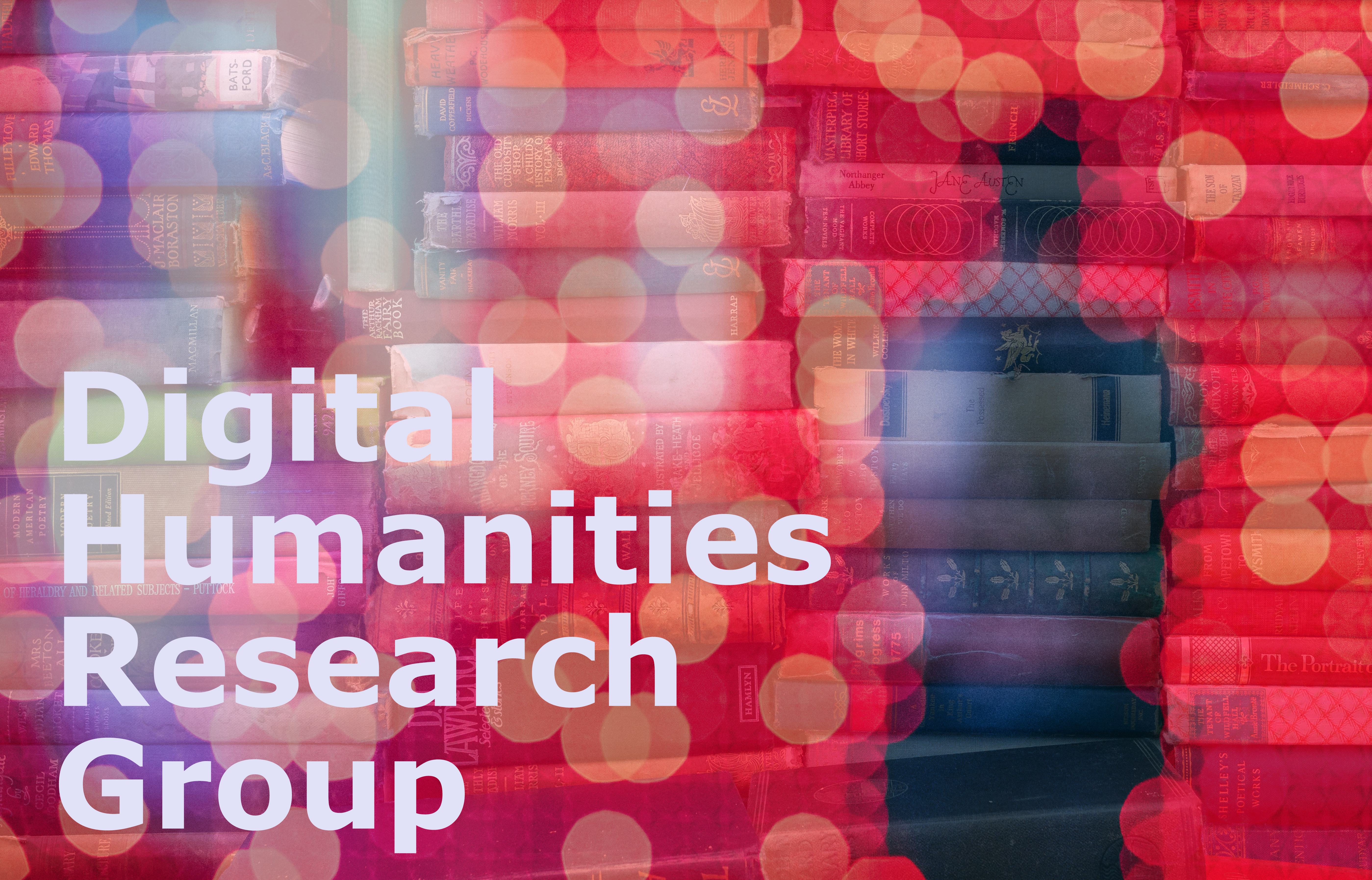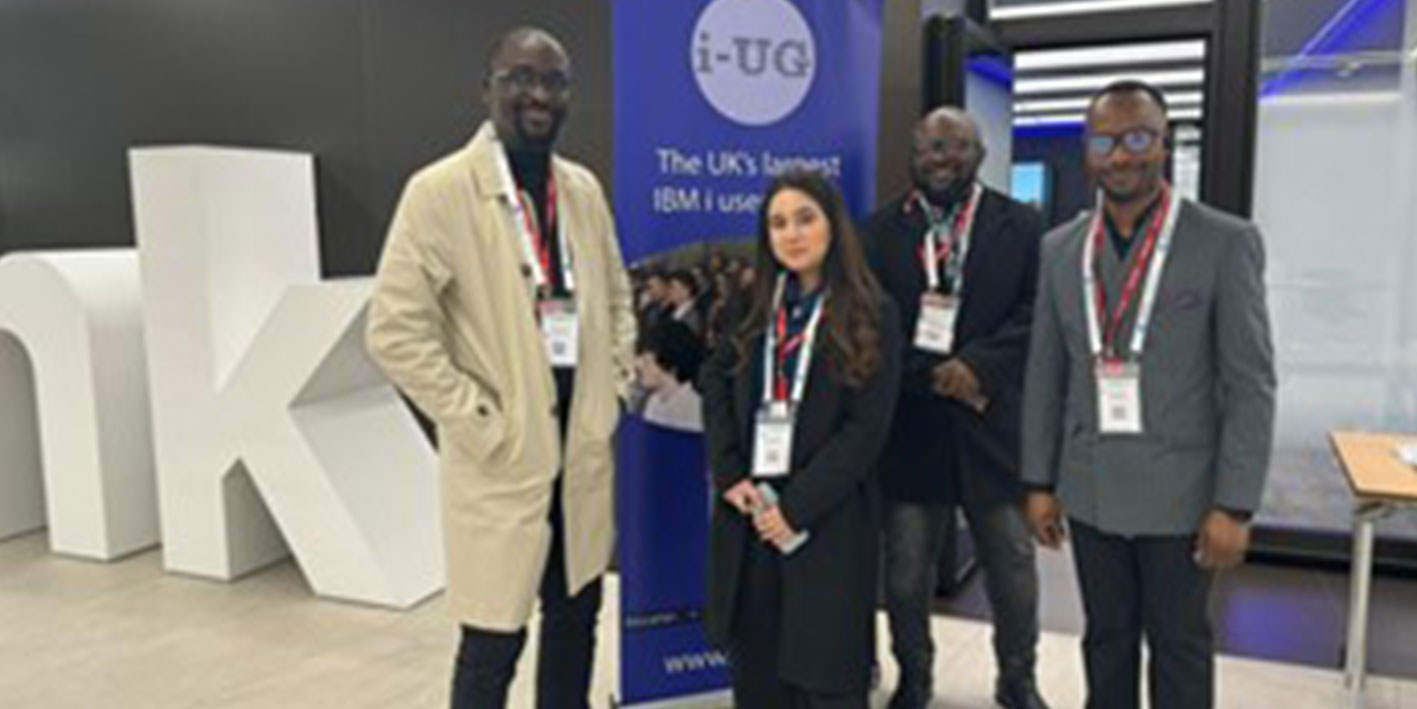
Free training highlights new approaches to studying literature in the digital age

The University of Wolverhampton’s Digital Humanities Research Group has teamed up with the Horizon-funded CLS INFRA to organise a free Computational Literary Studies Training School being held in the UK.
Computational Literary Studies Infrastructure (CLS INFRA) is a four-year partnership to build a shared resource of high-quality data, tools and knowledge to aid new approaches to studying literature in the digital age.
The University of Wolverhampton’s Digital Humanities Research Group is made up of staff and students who are exploring how computing and digital technologies offer new ways of understanding writing in the broadest sense, from novels to Tweets to reader reviews on GoodReads.
The Computational Literary Studies Training School will be hosting a free three-day training event from Tuesday 14 to Thursday 16 May 2024 offering the opportunity for students, academics and researchers to boost and develop their digital skills through hands-on training sessions by key scholars in the field.
The Training School will be held at the University’s Centre for Transnational and Transcultural Research at its City Campus in Wolverhampton but places are limited and will be allocated by assessment of a short motivational statement.
Computational Literary Studies (CLS) uses innovative methods and tools that offer different kinds of analyses. Combined with using traditional close reading and/or archival research, scholars use text analysis software and programming languages to crunch and compare hundreds of texts. These new techniques can be used to track character knowledge and illuminate dramatic development of plays; it can help reveal the author identity of previously anonymous texts; it can show how the use of explicitly emotive language is part of the structural development of texts.
Bas Groes, Professor of English Literature at the University, said: “Literary Studies has recently been enriched by a burgeoning research field where scholars use computer methods to explore new perspectives on literary history and theory, on discourse and style as well as on the socio-cultural and historical contexts of literary production.
“Our research focuses on investigating how new tools and methodologies yield a broad range of opportunities for reimagining literary studies. We deploy innovative ways of thinking about our world to tackle some of the key challenges facing society today, including threats to health and wellbeing, the rise of Artificial Intelligence and biases, including the unrecognised problem of digital inequality. We believe in the value of the critical-creative dialogue between pioneers of digital technology and the literary arts, humanities and social sciences to help us navigate potential human futures.
“CLS has given both new perspectives on our existing knowledge and historical understanding of literature, but also provides a glimpse of the potential unknowns that might be answered using computational methodologies.”
The digital age offers challenges and opportunities for completing research on Europe’s multilingual and interconnected literary heritage. At present, the landscape of literary data, methods, and tools is diverse and fragmented. Even though many resources are currently available in digital libraries, a lack of standardisation hinders their access and reuse.
This European Commission-funded CLS INFRA project will help to build the shared and sustainable infrastructure needed to undertake literary studies in the digital age. The project will align these diverse resources with each other, with the tools needed to interrogate them, and with a widened base of users. The resulting improvements will benefit researchers by bridging gaps between greater and lesser-resourced communities in computational literary studies and beyond, ultimately offering opportunities to create new research and insight into our shared and varied European cultural heritage.
If you are interested in securing a place at the Training School, apply in writing to Sebastian Groes at s.groes@wlv.ac.uk and put “CLSUK Training School” in the Subject line and include a 150-word statement about why you are interested in the Training School.
For more information about studying at the University of Wolverhampton and for courses available in the School of Social Science and Humanities check out the website.
ENDS
For more information please contact the Corporate Communications Team.


/prod01/wlvacuk/media/departments/digital-content-and-communications/images-2024/240328-Varsity-Line-Up-Resized.jpg)
/prod01/wlvacuk/media/departments/digital-content-and-communications/images-18-19/220325-Engineers_teach_thumbail.jpg)
/prod01/wlvacuk/media/departments/digital-content-and-communications/images-2024/240423-Additive-Research-Centre-Launched.jpg)
/prod01/wlvacuk/media/departments/digital-content-and-communications/images-2024/240320-Uzbekistan-Resized.jpg)
/prod01/wlvacuk/media/departments/digital-content-and-communications/images-2024/240229-The-Link-Resized.jpg)
/prod01/wlvacuk/media/departments/digital-content-and-communications/images-2024/240416-Abi-Dare-Resized.jpg)

